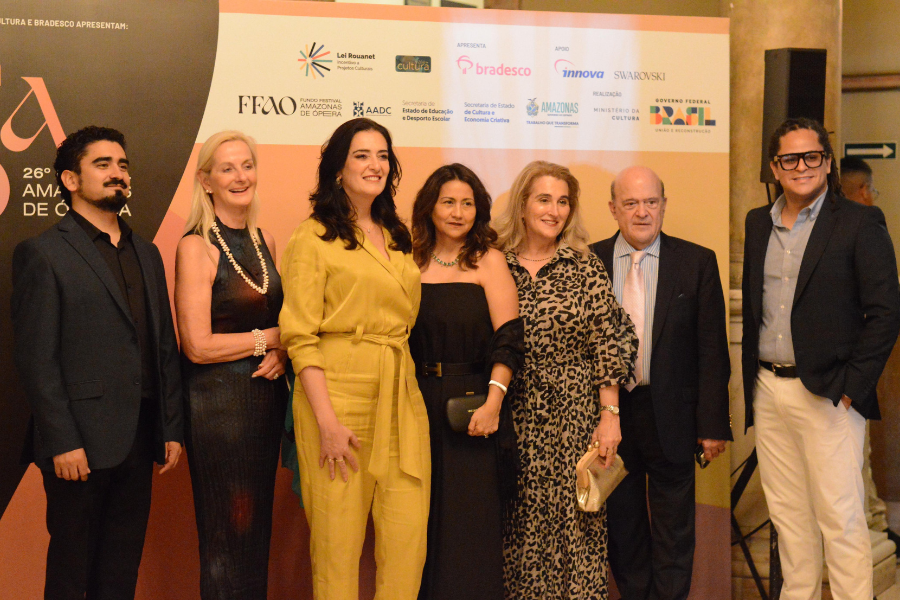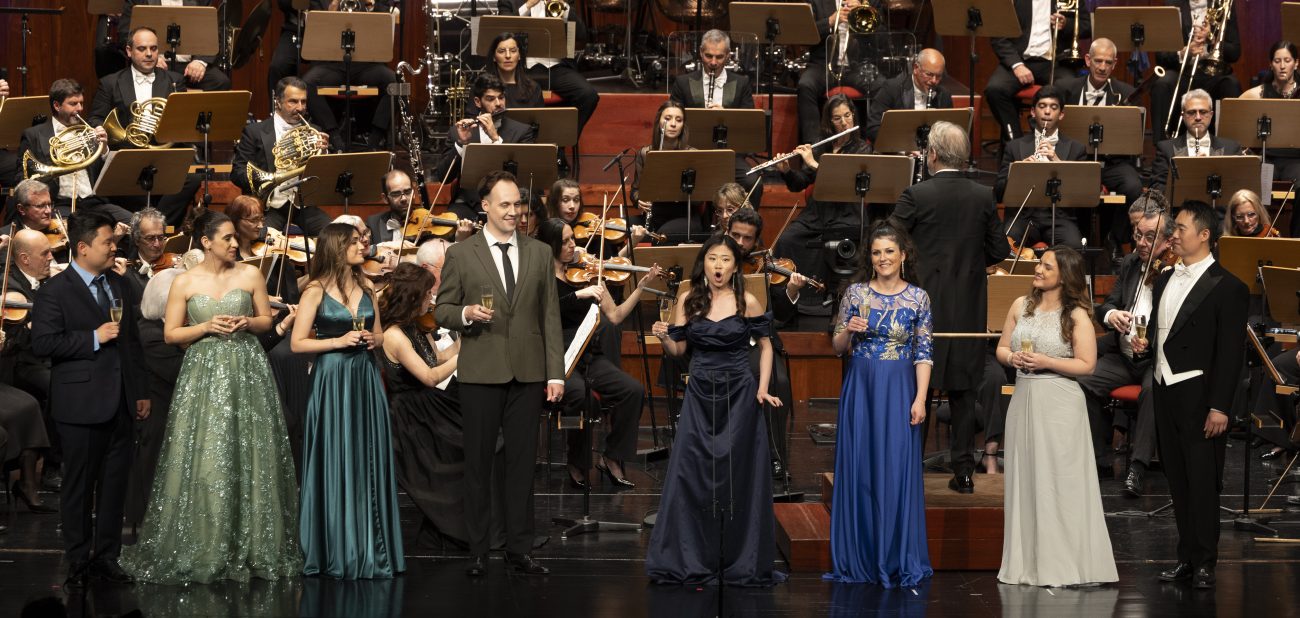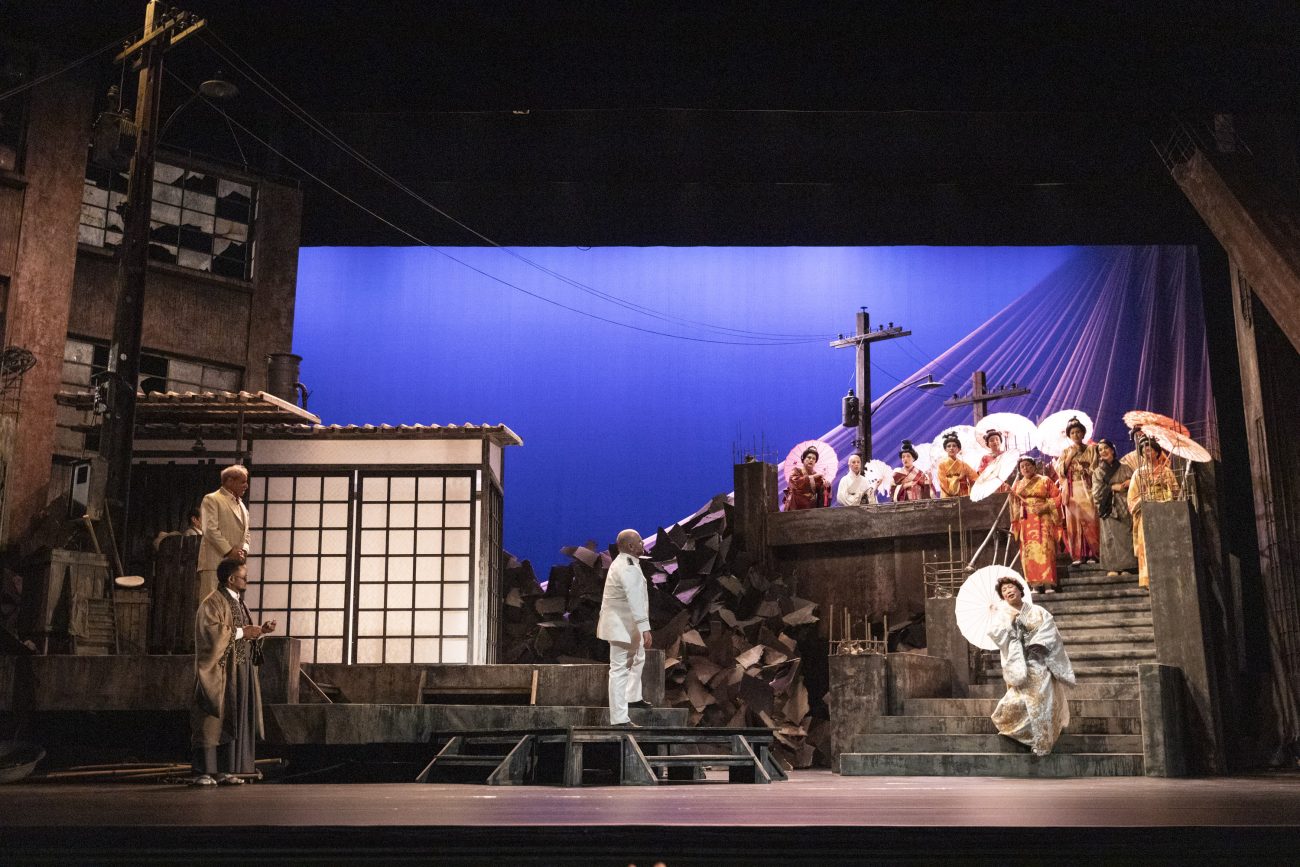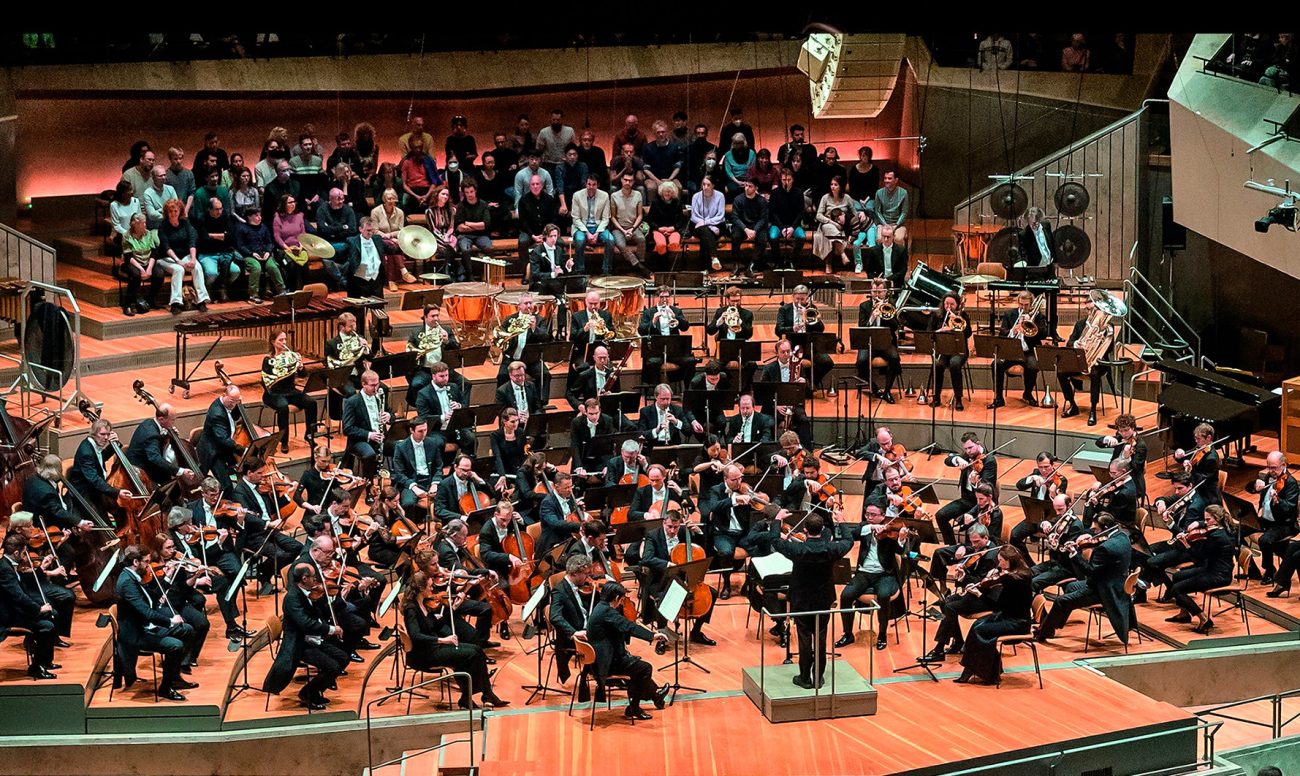Se lanza el Corredor Creativo de la Amazonía durante el 26° Festival Amazonas de Ópera

El Corredor Creativo de la Amazonía busca captar recursos internacionales para fortalecer la formación técnico-artística. El proyecto involucra a instituciones culturales de Brasil, Colombia, Chile, Austria y Portugal, y pretende integrar al Festival Amazonas de Ópera y a la producción artística de la región en la agenda ambiental de la Amazonía.
Un nuevo proyecto de cooperación internacional en el ámbito cultural fue presentado el pasado miércoles 16 de abril en la sede del Palacio de Justicia, en el centro de Manaos, como parte de una nueva etapa del Festival Amazonas de Ópera (FAO): se trata del Corredor Creativo de la Amazonía, una iniciativa que une cultura, desarrollo sostenible y articulación internacional en favor de la economía creativa de la región amazónica.
El evento se realizó con recursos de la Ley Rouanet y contó con el patrocinio de Bradesco, el apoyo de Innova y Swarovski, y la organización del Fondo del Festival en colaboración con el Gobierno del Estado de Amazonas, a través de su Secretaría de Cultura y Economía Creativa.
La propuesta busca captar fondos internacionales para fortalecer la formación técnico-artística de todas las instituciones que integran el corredor, además de consolidar políticas públicas e incentivar la movilidad de profesionales entre los países socios.
El titular de la Secretaría de Cultura y Economía Creativa, Caio André, calificó el evento como una “acción sensacional” para la economía creativa del Amazonas. “El Corredor Creativo será una gran oportunidad para difundir la cultura, promover el intercambio de experiencias y, sobre todo, incentivar y fomentar a los artistas e instituciones. Estoy seguro de que dejará un legado enorme para nuestra cultura y, especialmente, para la economía creativa de nuestro Estado”, destacó el secretario.
El proyecto involucra a instituciones culturales de Brasil, Colombia, Chile, Austria y Portugal, y pretende integrar al FAO y a la producción artística de la región en la agenda ambiental de la Amazonía.
“El Corredor Creativo unirá los dos mayores festivales de ópera del país, los de Manaos y Belém, y llevará esta experiencia más allá, como ejemplo de un proyecto sostenible y estructurante”, explicó Flávia Furtado, directora ejecutiva del Festival Amazonas de Ópera. Además, señaló que el 70% de los cuerpos artísticos y el 80% de los trabajadores técnicos del festival son del propio estado de Amazonas. “Es un proyecto hecho por y para los amazonenses. Generaciones enteras trabajan en el teatro. Es importante comunicar esto”, enfatizó.
La ceremonia está prevista para comenzar a las 10:00 horas, con la apertura oficial y la firma de acuerdos. Luego se realizará la firma del término de cooperación con Cascais Ópera, seguida por la firma de convenio con Munay Group.
Creado en 1997, el FAO se ha consolidado como el mayor festival de ópera de América Latina y ha tenido un rol central en el fortalecimiento de la economía creativa en Manaos. Además de impulsar la formación de cuerpos artísticos, el evento dinamiza sectores como la hotelería y la gastronomía, especialmente en torno al histórico y majestuoso Teatro Amazonas.
El proyecto del Corredor Creativo de la Amazonía contempla que, mientras el festival se realice en el primer semestre del año, el segundo semestre se dedique a la formación técnica, acciones educativas en escuelas y articulaciones con instituciones públicas. “Buscaremos líneas de financiamiento enfocadas en la cultura y el medio ambiente para beneficiar a las ciudades de la región amazónica”, adelantó Flávia Furtado.
Como parte de la estrategia de internacionalización del FAO, también se lanzó el Premio Carlos Gomes, integrado en el Concurso de Canto de Cascais, en Portugal. Este galardón busca ampliar la visibilidad del festival en Europa y reforzar la importancia histórica de Brasil en la tradición operística mundial.





